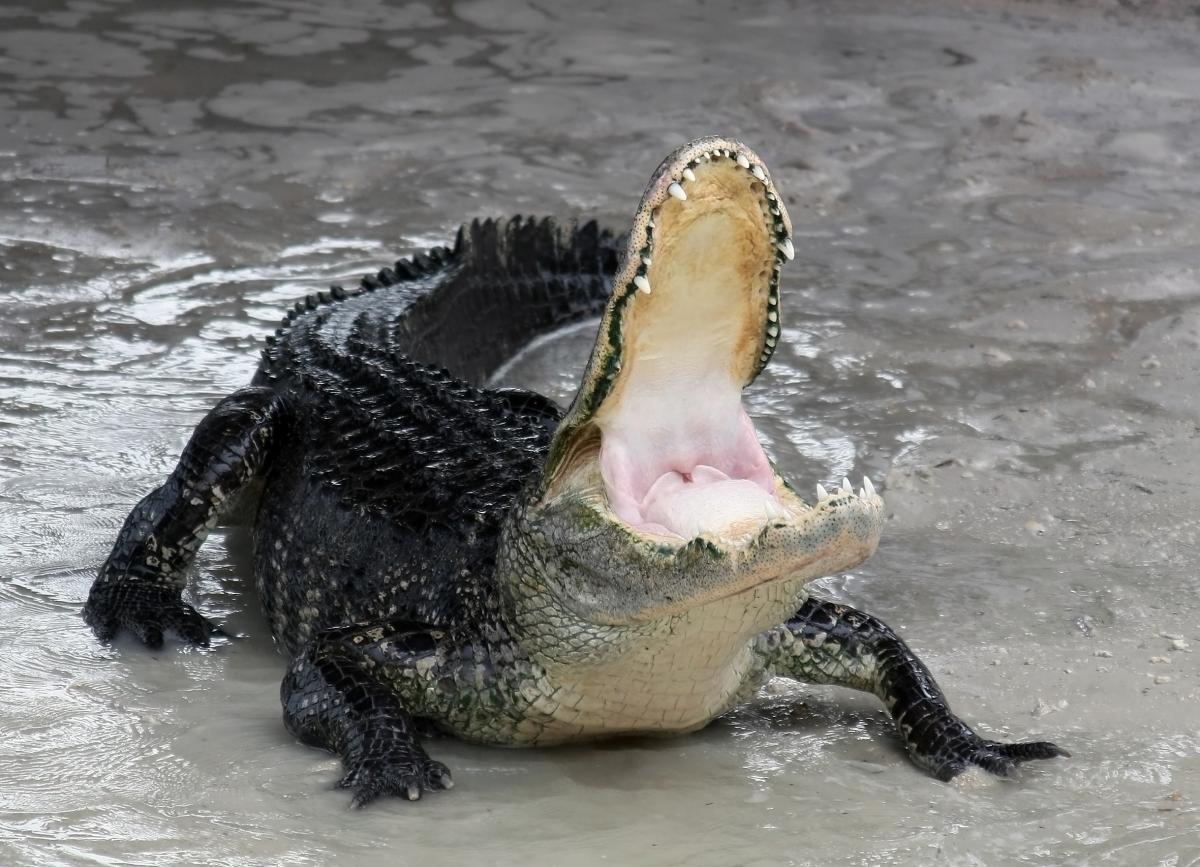 A well-rounded selection of articles this week, with research findings from evolution, climate change, and education. Enjoy!
A well-rounded selection of articles this week, with research findings from evolution, climate change, and education. Enjoy!
- Exquisitely Detailed 520 Million-Year-Old Fossil Shows Individual Nerves, The Washington Post, March 1, 2016 — Submitted by regular reader Steve Bowden, this article describes a spectacular fossil find that will help scientists understand more about the evolution of the nervous system. But I don’t know what the journalist has against arthropods, maybe they wouldn’t find humans so gorgeous from their point of view...
- Did Global Warming Really Slow Down?, The Guardian, March 2, 2016 — If you were confused by the recent analysis of the rate of global warming in Nature Climate Change, or even misled by the climate change denial industry about its significance, you need to read Graham Readfern's explanation.
- The Gruesome Price Birds in the Everglades Pay for Using Alligators as Bodyguards, The Washington Post, March 2, 2016 — Some time ago, I blogged about the grisly odds faced by baby turtles hatching on an island on Great Barrier Reef. "Evolution", I wrote: "has no point. 'Whatever works!' might be considered its rallying cry. This leads to some stunning examples of apparently gross, and, from a human point of view, tragic waste. Indeed, if you prefer your nature fuzzy and endearing, you might want to go read another story." Same here.
- How Should We Teach Students About Climate Change? Bulletin of the Atomic Scientists, March 3, 2016 — More good stuff from John Cook...How should teachers approach climate change, when there is social (but not scientific) controversy surrounding it? The research suggests that acknowledging and explaining the controversy—a method sometimes called misconception-based instruction—is the optimal approach.
- Prehistoric Mammal Bit Like a Sabercat, Crunched Like a Bear, Phenomena / Laelaps, March 3, 2016 — Brian Switek discusses a new study of the prehistoric mammal Kolponomos that proposes to make
sense of its feeding: "This almost-bear bit like a sabertoothed cat, crunching mollusks in grizzly-like jaws studded with otterish teeth." - A Well-Rounded Education, onEarth, March 3, 2016 — Writing for the magazine of the National Resources Defense Council, Jeff Turrentine offers one of the best explanations and appreciations of NCSE's recent survey of the state of climate change education in the United States to date. Thanks, NRDC!
- World's oldest terrestrial fossil is a fungus, Christian Science Monitor, March 3, 2016 — It appears fungi may have been the first eukaryotic organisms to emerge from marine environments, and that they played an important role in the formation of nutrient rich soils that allowed other forms of complex multicellular life to take hold on land. Another feather in the cap of the not-so-charismatic not-so-megafauna.
Photo by Ianaré Sévi - Own work, CC BY-SA 3.0, https://commons.wikimedia.org/w/index.php?curid=6931045

